An Old Roller has a surprising connection….
by Wallace Wyss –
Being simultaneously a WW II buff and a Roll Royce buff, I was pleased to read the note on the ’33 Phantom I saw at the Beverly Hills Father’s Day concours. Many cars had information on the restorer, the paint shop, the car’s present owner, and the like but this was simply a one page history of this particular car. This special Rolls Royce was displayed by James Rice of Beverly Hills.
Why did it stir me to do more research (“shaken not stirred” should ring a bell..)? Because it explained who the first owner was. Who ordered the car is more important with bespoke bodied cars than your average ten-a-penny body designs in that in those days you ordered the chassis then selected the coachbuilder on expensive cars.
The car already had the three attributes you want in a luxury car: grace, comfort and style. But when it had a Continental chassis, it was a little bit more of a performer, and certain to be tailored for an individual owner.
The Phantom II chassis was, according to the shop in Florida that sold this car recently to a Beverly Hills owner, a favorite of coachbuilders because the proportions allowed for more style.
Helped also by the use of semi-elliptic springs fore and aft which allowed the body to be lowered.
The coachbuilding firm selected was that of J. Gurney Nutting, an old line firm going back to 1918 and if you look up the really interesting coachwork of that era you come across their coachwork on such makes as Duesenberg and even Sir Malcolm Campbell’s 1931 Blue Bird world speed record car. Gurney Nutting did 34 RR cars, but only four were 4-door saloons.
That little note on the car explained that the first owner was a bloke from down under, a Mr. Frederick Sidney Cotton OBE, who was a renowned Australian inventor, aviator, and photographer.
He had come to Blighty at the precise right time, before the war, becoming not only a combat pilot, but eventually a Squadron Leader in the Royal Air Force for the PDU (Photographic Development Unit) that made many flights over Europe as war clouds gathered, shooting what would become key targets in a few months hence. He developed an early color film process as well as the art and science of photographic reconnaissance.
Some of his close friends at this time were George Eastman, Ian Fleming, and Winston Churchill. The first helped pioneer color processing, the third was a politician with a golden tongue and the bloke in the middle, well, he invented a fictional hero you might have heard of named Bond, James Bond!
And so it is that a little note on a side window of an old Rolls made me like the car more. I’d like to ride in this car, so I could imagine Fleming being driven through the dark streets of London as German bombers rained down thunder from above. This Cooper chap, he had done the right thing, and the information gathered by his recon flights would help save his adopted country of England…
Let us know what you think in the Comments.
Wallace Wyss
THE AUTHOR: Wallace Wyss also penned a novel about a car loving hero. Those interested in discussing film rights can reach Wyss at Photojournalistpro2@gmail.com
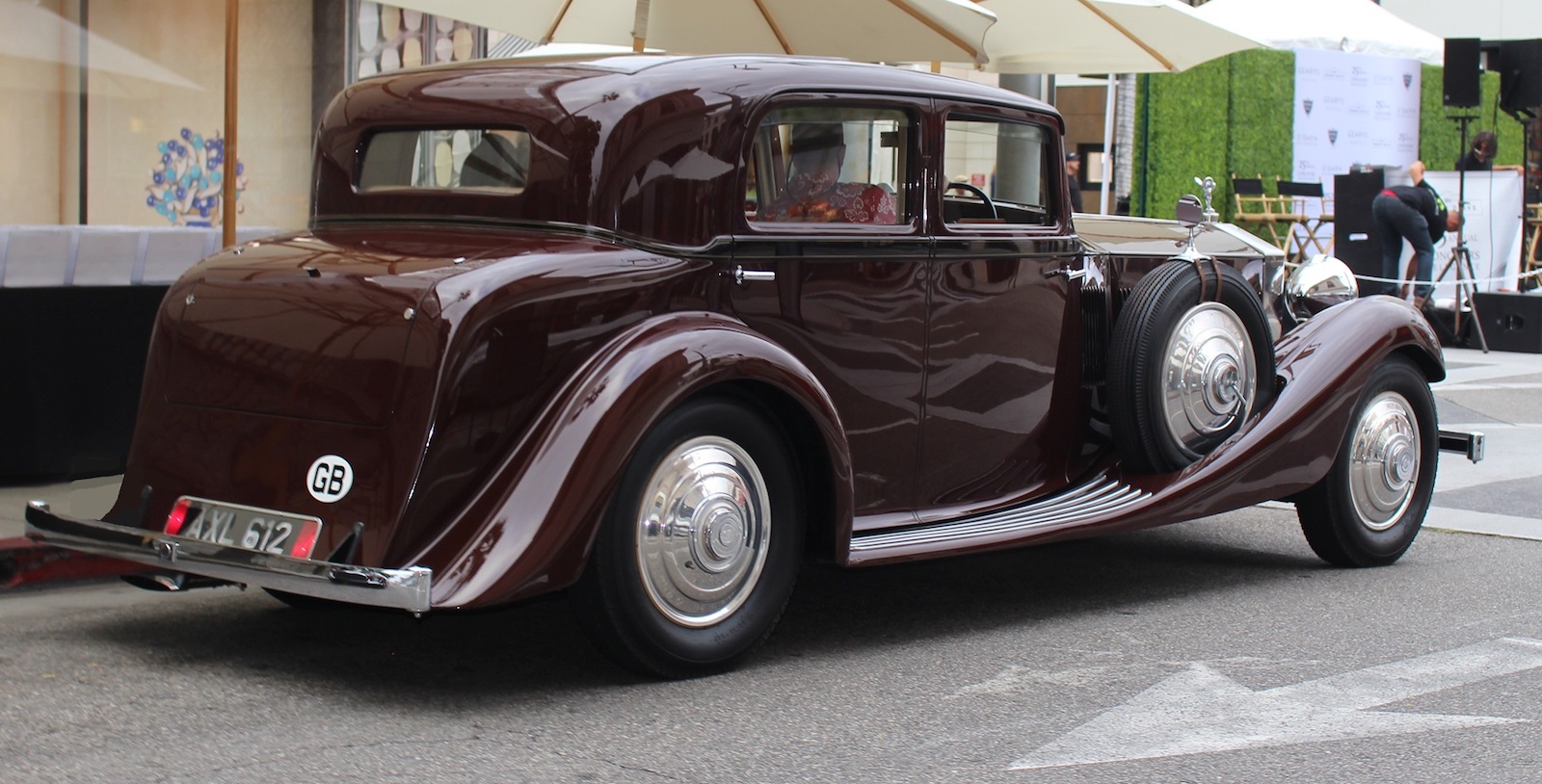
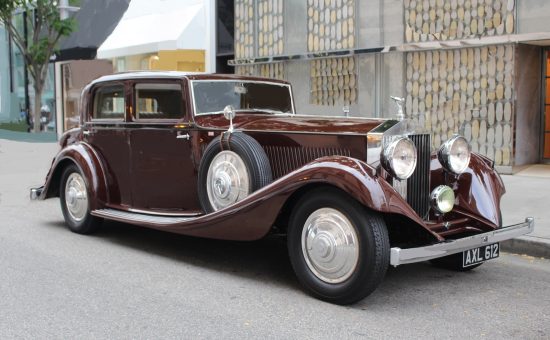
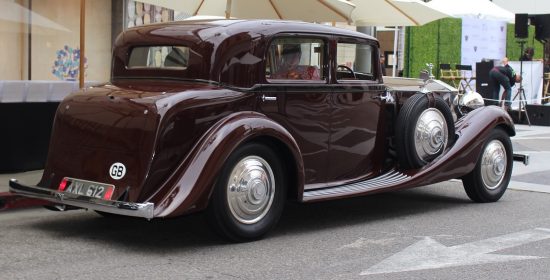
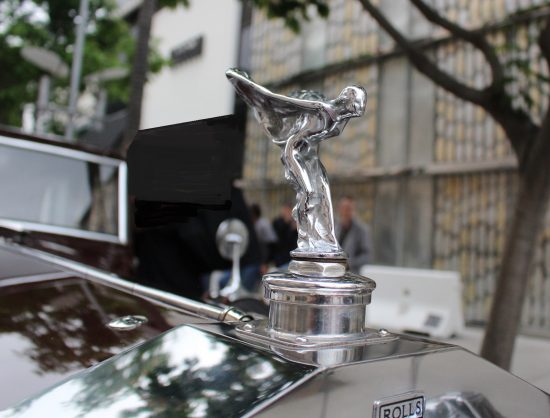
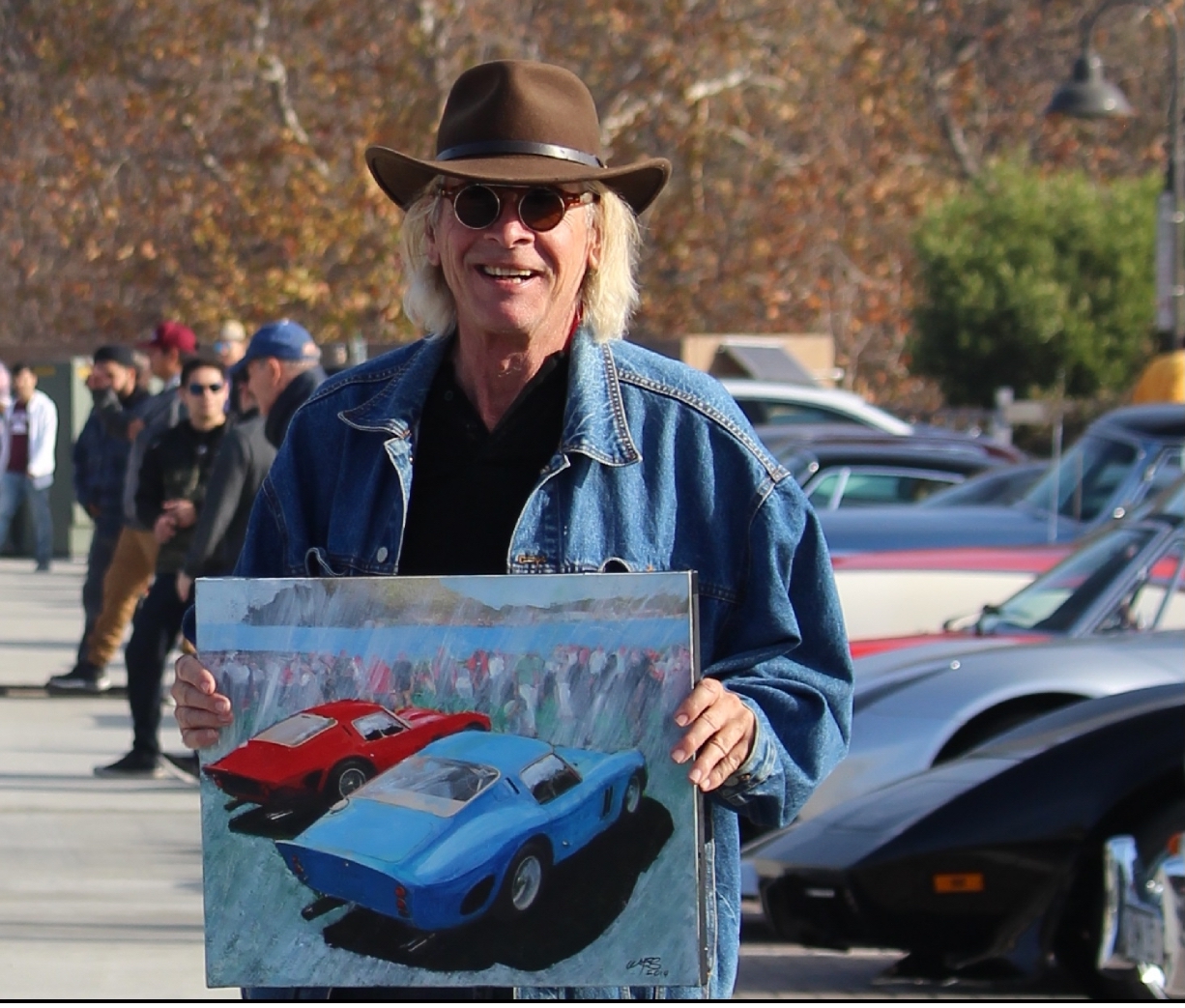
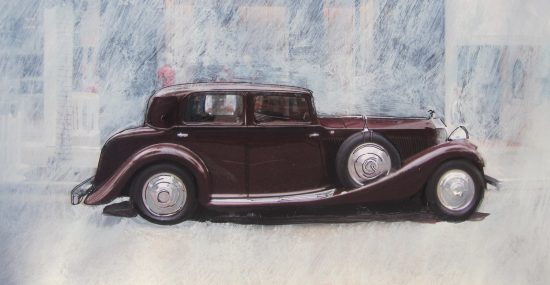
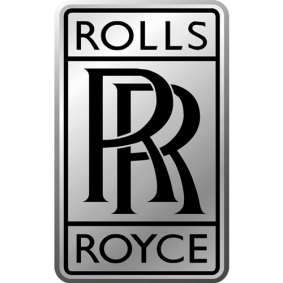
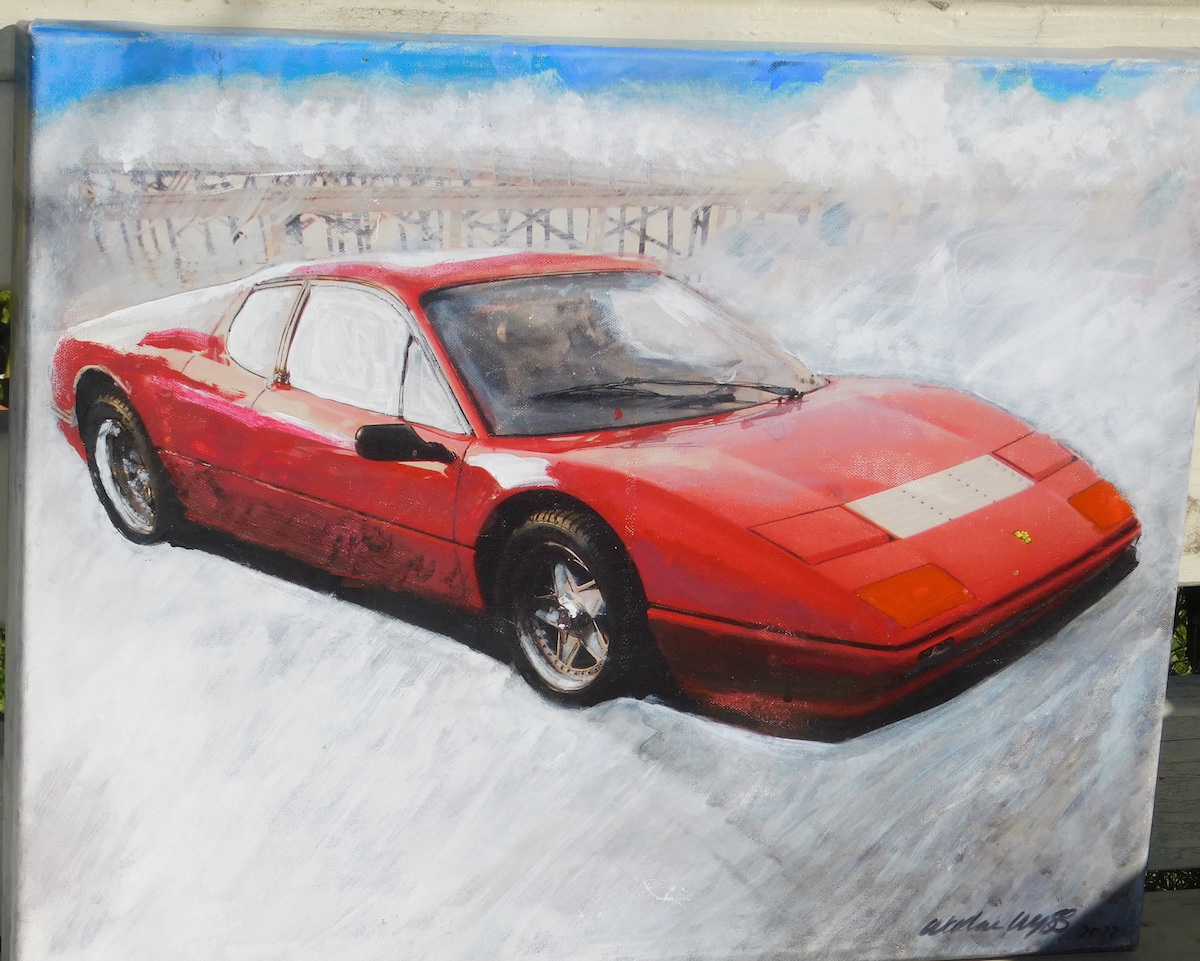

Aussies do it better !
I really believe it was the forward thinkers–like the guy who cracked the enigma code, the guy who developed the bouncing bomb, and then this Aussie so kean on aerial photography, who helped England win the war.
I’ll just put this here for those interested in this sort of thing
https://youtu.be/ie3SrjLlcUY
Spitfire 944
Cool story Wallace! Appreciate all you do and your daily history lessons! Love this site! JR Toledo Ohio
Contemporary sources suggest this car was Beige when owned by Sid Cotton. The suggestion being the current colour scheme was added when the vehicle was restored back in the 70s/80s. Does anyone have contact details for the current owner or can they confirm the original colour.
My father and I had the honor of restoring every nut and bolt of this great car in the 1970s including restructuring most of the original ash wood body framework but using the original aluminum skin. I remember hanging on to the chassis at 70 mph during testing before the coachwork was reinstalled! Thank you for the great history which is absolutely correct.
You can learn more about this car’s fascinating history at the Buess Restorations FB page under chassis number 136PY.
Fred,
Thank you for the comments – very interesting.
Here is the FB page – https://www.facebook.com/buessrestorations